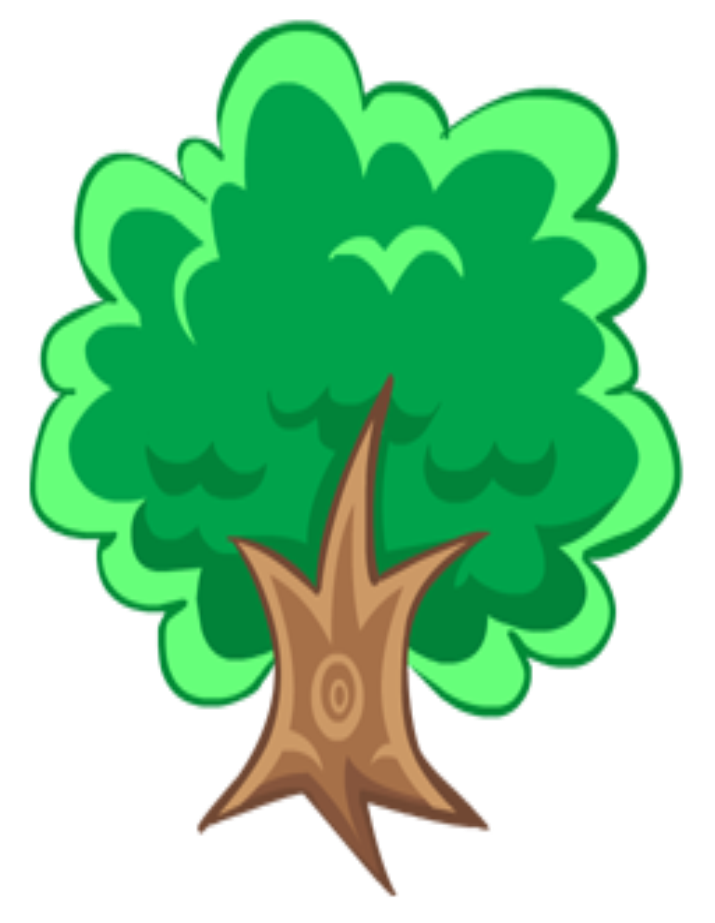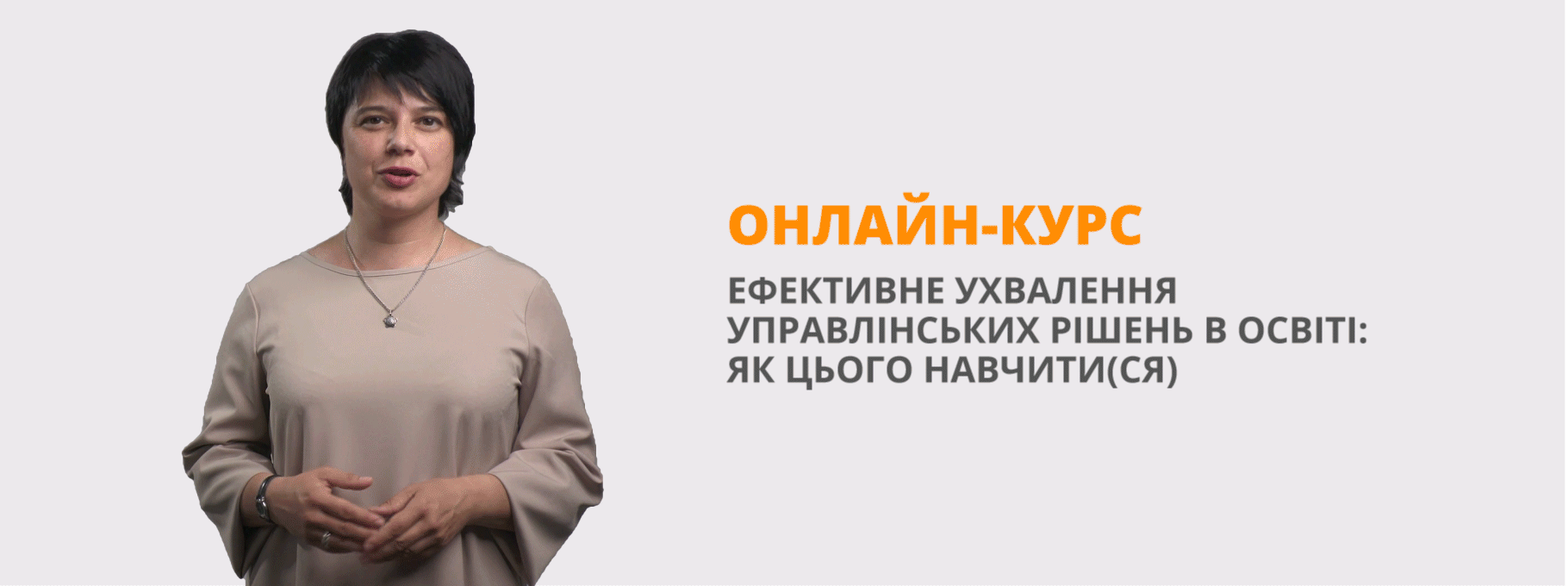Конспект уроку на тему: " Мій улюблений предмет"
Відкритий конспект уроку на тему: " Мій улюблений предмет".На своїх уроках від початку завжди намагаюсь зробити все так, щоб засвітити вогник інтересу в очах дитини, зробити навчання посильним і приємним.Прислів'я роздруковувала на кольорових листках, потім вони з'єднували в парах. Літери T і F були також на кольоровому папері для кожного учня.
Тема: « My favourite subject”
Мета: закріпити новий лексичний матеріал, формувати навички вживання нових лексичних одиниць, удосконалювати компетенції читання, аудіювання й усного монологічного мовлення. Розвивати навички творчості та самостійної роботи; спонукати до спiлкування iноземною мовою. Розвивати лiнгвiстичнi навички учнів. Виховувати пiзнавальну активнiсть учнiв, культуру мислення, активну життєву позицiю.
Обладнання: презентація « School subjects» , глобус,олівці,іграшкова гітара, словник, м’яч, трикутник, мікроскоп, квітка,прапор України, роздатковий матеріал.
Хід уроку.
І. Підготовка до сприйняття іншомовного мовлення.
1.Organizational arrangements:
T: Good morning, dear boys and girls. Nice to meet you.
P: Good morning, dear teacher. Nice to meet you,too.
2. Warm-up:
T: I’m sure that you are full of energy and ready for the lesson? Let’s start our lesson.
And now read the rules of our lessons :
1.Kindness
2.Don’t interrupt
3. Be active
4. Be confident
5. Be honest
Now and here
We speak English here.
Repeat all together after me:
I am pupil.
We are good pupils.
We are talented pupils.
We are interesting pupils.
We are happy and funny pupils.
We are clever pupils.
T: First of all look at the blackboard and we must pronounce some sounds. I’ll read and you should repeat after me together.
II. Основна частина уроку.
1.Check on homework
2.Aims
Today we are going to speak about favourite subjects and learn a new words. Look a our tree of aims. We must:
- write, read, speak at the lesson
- repeat school subject
- work together at the lesson
- tell about favourite subject
(Додаток 1)
3. Presenting vocabulary
T: Children, look at the screen and repeat the names of the shools subjects (presentation.)
- I’ll show you some objects and you’ll say on what lesson we need them.
- A globe ( Geography)
- A pencils ( Art)
- A guitar ( Music)
- A dictionary ( English)
- A ball ( P. E.)
- A triangle ( Math)
- A microscope ( Biology)
- A flower ( Handicraft)
- A flag of Ukraine ( History Ukraine)
2.Speaking:
1)Now answer my question
- When do you go to school?
- Do you go to school on Saturday?
- When have you got History?
- When have you got English?
- What is your first lesson on Tuesday?
- What is your fifth lesson on Wednesday?
2) Match the proverbs with their translations. One is odd out.( Додаток 2)
2. Listening and reading
1) Listen and read the text
My favourite subject
My name is John, I am a pupil of the 11th form. We learn a lot of different subjects at school. They are: Mathematics, Biology, Literature, English, History, Geography and many others. I know that all subjects are important and I must study them attentively but there are some subjects I don’t like. It is difficult for me to study Physics, Chemistry and Mathematics because I don’t always understand them. But I like such subjects as History, Literature and English very much because I like to read books, speak foreign languages and write composition on different topics. English is my favourite subject. I like to read stories and news in English and try to translate them, do a lot of grammar exercises and watch English movies. When I finish school I will go the university and will become a teacher of English. I need to pass my exams with high marks that is why I must know English very well and do my best at school.
2)Now answer the questions on the text.
1. What subjects does John study at school?
2. What are his favourite subjects? Why?
3. What subjects John doesn’t like?
4. Why it is difficult for John to study Chemistry and Mathematics?
5. What books does he like to read?
6. Where John will go after school?
7. Does he want to be a teacher or a professor?
8. Why does John must know English well?
Reflection
Let’s play game «Shools subject»
Clap you hands if the sentences are correct.
We count on Music lessons.
We sing on Music lessons.
We read on Art lessons.
We speak English at the English lessons.
We write on the drawing lessons.
We read at Ukrainian literature lessons.
3.You have two letters on your desks: T – true, F – false. I’ll say a sentence and you should raise the letter T – if the sentence is true and F – if the sentence is false
- You have got Biology on Monday and Sunday.
- You have got Music on Tuesday.
- You have got History on Tuesday and Friday
- You have got informatics on Friday.
- I like to read books by English writers.
- I am fond of Ukrainian.
- I hope to use English in my future job.
- I don’t like project work very much.
ІІІ. Заключна частина уроку.
1.Homework
2.Summarizing
Read the sentences and guess what lesson is described.
(Вчитель зачитує речення, а учні вгадують, про який предмет іде мова.)
1. You do a lot of experiments during this lesson (Chemistry).
2. You use calculators to do the tasks at this lesson (Math).
3. Before this lesson you warm up and then run and jump in the gum (Physical Training).
4. You learn a lot of facts about different countries (Geography).
5. At this lesson you learn about kings and queens (History).
6. You draw portraits and make different things during this lesson (Art).
And now answer the main question: «What is your favourite subject? Why?».
Thank you for the lesson. Your marks…Good bye. See you soon



 Додаток 1
Додаток 1
He who makes no mistakes makes nothing.
Нова мова – новий світ.
A new language – a new world.
Краще пізно, ніж ніколи.
He that nothing asks, nothing learns
Не помиляється той, хто нічого не робить.
Better late than never
Хто нічого не питає, нічого й не знає
Додаток 2


про публікацію авторської розробки
Додати розробку
